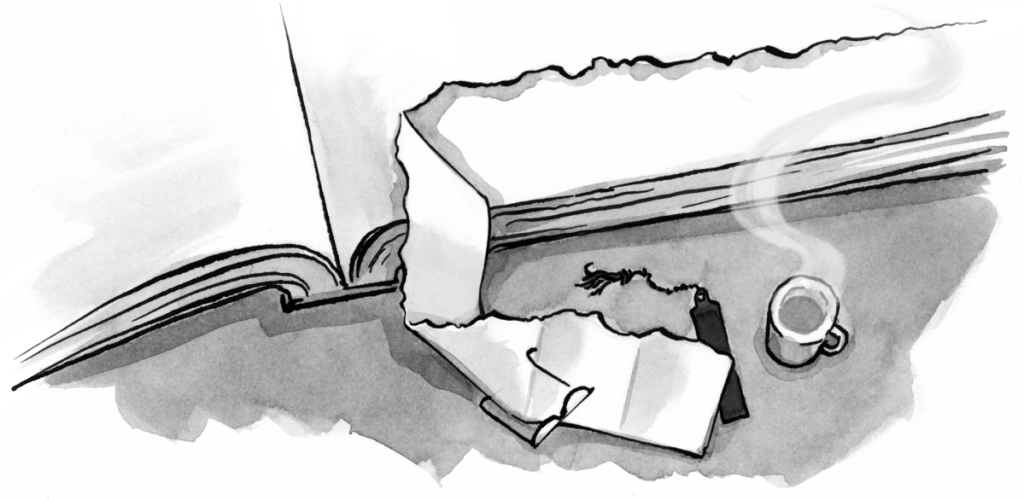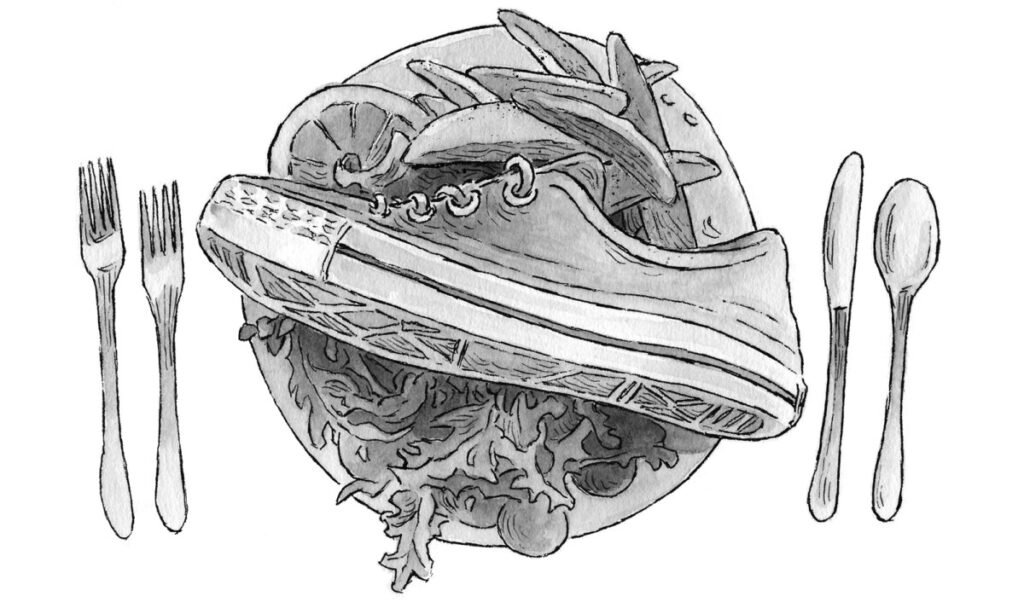Article Continues Below
The IA Summit is one of the longest-running and most welcoming web conferences out there, and it’s one of our favorites for user experience professionals and information architects. This year’s event takes place April 5-7 in Baltimore, Maryland. If you happen to be in the area or can travel there, we’re even giving away a free pass—just for commenting on this post.
We sat down with A List Apart author, An Event Apart speaker, and IA Summit 2013 co-chair Kevin M. Hoffman to talk about what’s happening this year, and why you should come.
ALA: Who’s the IA Summit for?
KMH: You don’t need to call yourself an information architect to come to the IA Summit. This is a conference for anyone invested in the “researchy,” “thinky,” or “structure-y” side of the design process—which I think is most of us, really.
Call it UX, IxD, content strategy, or even chainsaw juggling—if your work is about understanding and solving problems—both the real problem and the client’s perception of the problem (not always the same thing)—then you’ll fit in just fine in Baltimore.
ALA: This is the IA Summit’s fourteenth year. How has IA changed, and how has the Summit evolved with it?
KMH: Old school-thinking would dictate information architecture is the process of deciding on navigable structures, which take the form of building site (and application) maps, taxonomies, and wireframes. Oh, good lord, so many wireframes.
But the more I work in this field, the more I see people using IA skills to solve the gnarlier problems. The ones that bump up against questions like, “What business are you in, and why?” or “Why on earth would you think that 50 stakeholders will agree in any organization?” or “How do we govern our site in a timely but accountable way?”
These days, information architecture seems to be overlapping with organizational design—is an organization its content (or its service)? This manifests in IA in the form of increasing expertise in solving service design problems, identifying customer research gaps, experimenting with the product lifecycle, and the like.
But this isn’t new stuff. Software, services, and devices may be evolving and combining quickly, but the core principles of good information and experience are more essential to success than ever. They are so essential, in fact, that titles like Vice President of User Experience are fairly common, and people are using those taxonomies and ethnographic research skills to do a lot more than just retool the lackluster navigation experience (which is still an important goal, but usually just a symptom of a larger architectural problem, and not a cure in and of itself).
As the field has grown, the Summit has grown as well. This year, we’re offering talks and workshops on responsive design, the internet of things, customer experience mapping, agile process, product design, working remotely, taxonomy for application designers, content governance, and product management. Hell, even typography. Information and experience touch every aspect of what we do.
ALA: Chairing the Summit is a huge job. What made you want to do it?
KMH: This is my first year being involved with organizing the summit, but I’ve attended and volunteered three times previously. I keep going back because it’s taught me a tremendous amount about how I can demonstrate my value to non-designers in my practice, my projects, and my life. It’s helped me collaborate with people outside of my industry—people like business owners, investors, technologists, journalists, circus performers, and even some of those people who use the stuff we make (the “u” word).
I’ve seen better design, smarter strategy, more buy-in, and happier teams because of the skills I’ve learned from my peers. So when I was asked to chair this year’s Summit and gather a group of volunteers to help, it was a no brainer.
Your turn
We’ve got one free pass to the IA Summit to give away to anyone who would like to share their story in the comments. Tell us how you’ve made a difference outside your discipline and changed the world with what you do, and you just might win a ticket. We’ll be giving away one at random to people who share their thoughts today.
- Submit your comment by midnight Eastern time tonight, March 19, to enter.
- One winner will be drawn at random from all comments that answer the prompt above.
- Make sure your ALA profile uses an e-mail address we can reach you at if you win.
- We will announce the winner tomorrow, March 20. Look for an update on Twitter.
- Before you enter, please make sure you can book your own travel and accommodations—all we can provide is the ticket.
Good luck!


